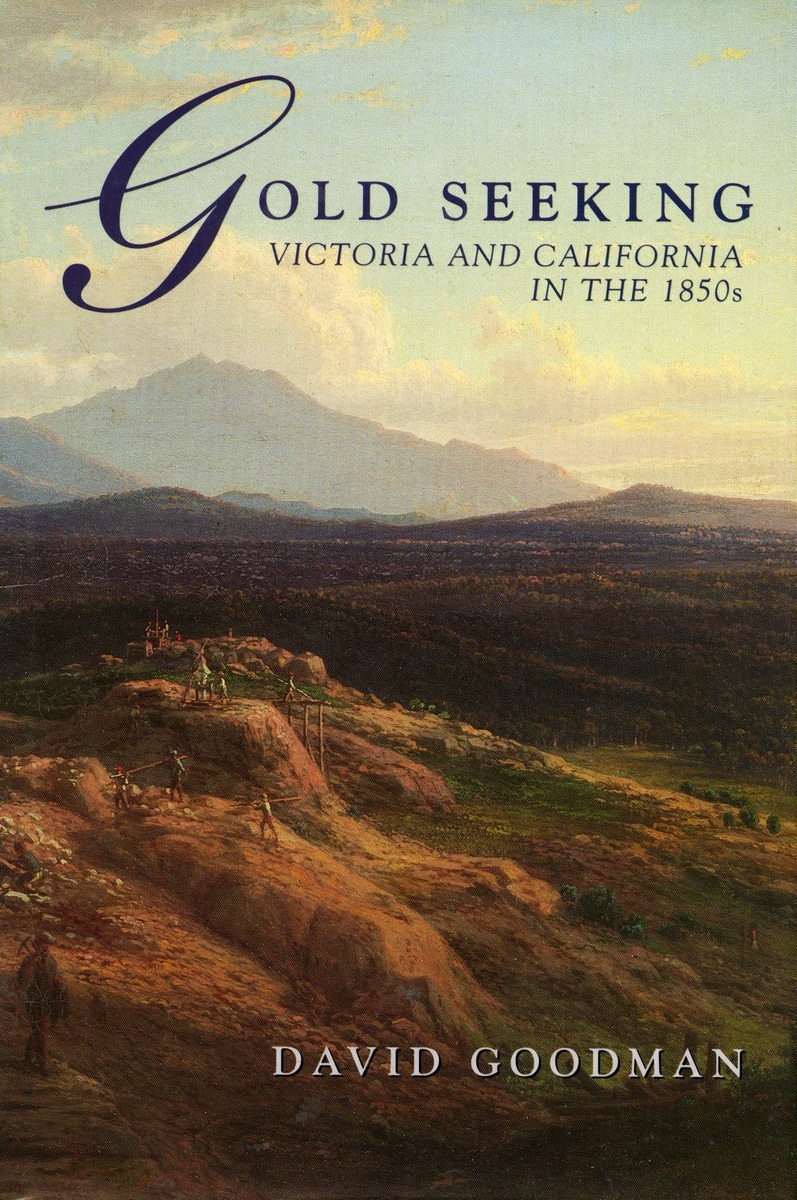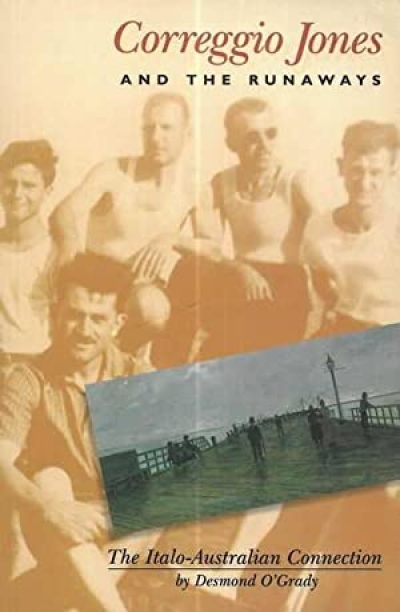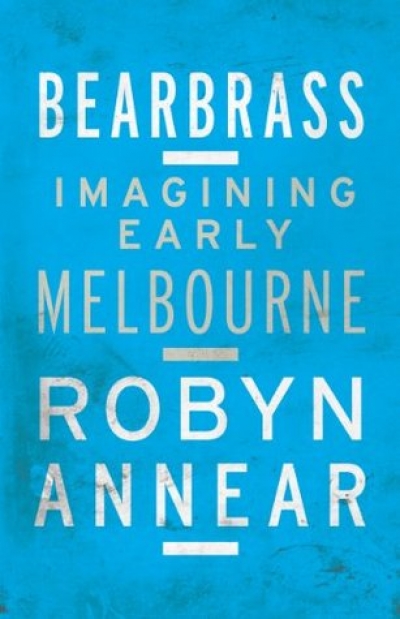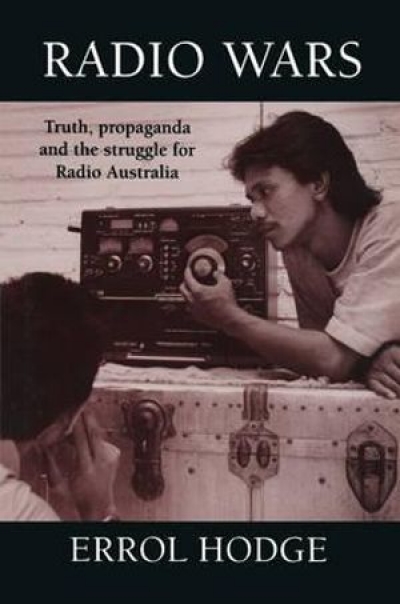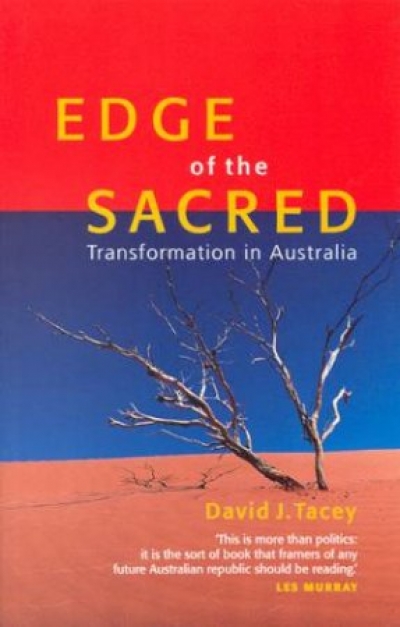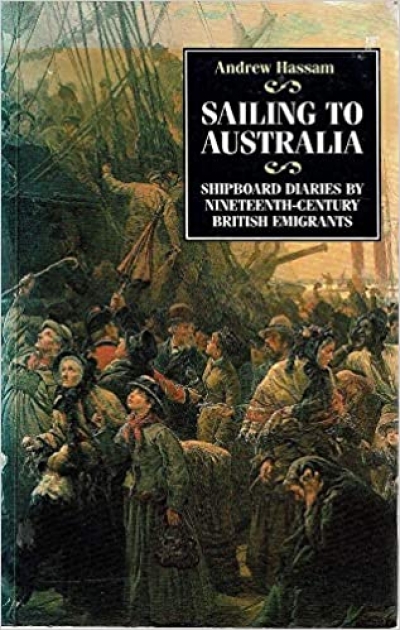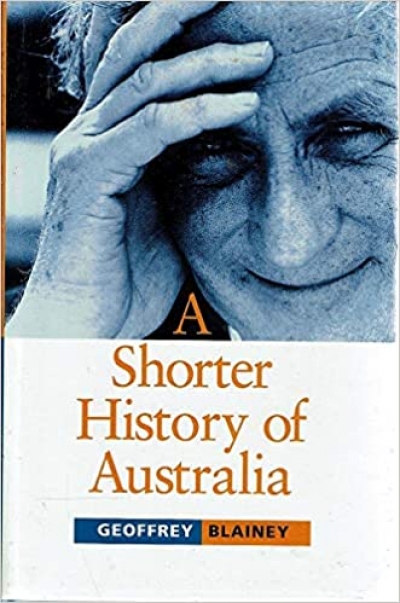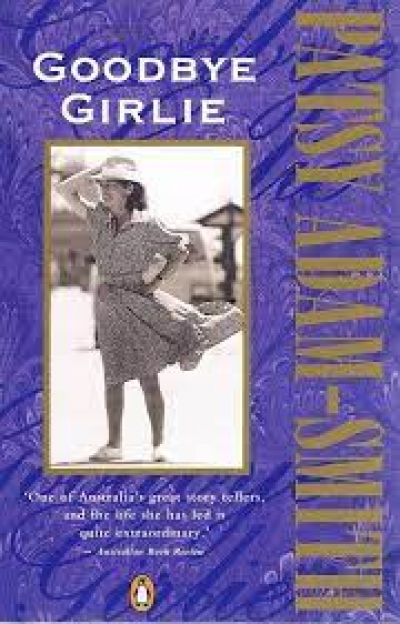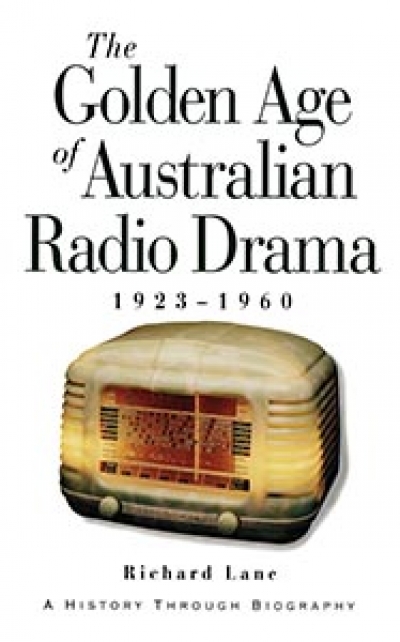Australian History
Gold Seeking: Victoria and California in the 1850's by David Goldman
The first virtue of this study is to remind us of the dramatic, potentially cataclysmic, quality of the mid-nineteenth century gold rushes to California in the late 1840s and to south-east Australia soon afterwards. That was prime among the several characteristics the two experiences had in common. At few other points is there so close affinity in the histories of Australia and the USA. The subject is altogether appropriate for one, like David Goodman, who has engaged in research in both countries, and who teaches their comparative history. The result is a most satisfying monograph. While the heavier incidence is on the Australian side, this is one of the few examples in the Australian repertoire of effective comparative work. One of few others in that list – Andrew Markus’s Fear and Hatred – also probes the goldfield, experience, describing how the British master-race treated the Chinese in either case. Goodman’ s aim is much more ambitious – to reveal basic socio-political responses to the cataclysm of gold.
... (read more)From 1994 two letters to the editor published now for the first time ... The first letter, from Helen Demidenko, was offered for publication; the second, from B. Wongar author of Roki was marked ‘not for publication’.
... (read more)Correggio Jones and the Runaways: The Italo-Australian connection by Desmond O’Grady
Desmond O’Grady is uniquely placed to interpret Australia for Italians and Italy for Australians. He grew up in suburban Melbourne, but as a journalist, biographer, and writer of fiction he has spent most of his working life in Rome.
... (read more)Some time ago, I was curious about steam cars and found an advertisement, dating from the 1920s, for the sole Victorian distributor of the Stanley Steamer. The address was Flinders Lane, the street in Melbourne which exudes more personality than most of the others combined. I discovered that the building in question had been turned into a printshop. But its origins as a motor garage were obvious. Such unprepossessing buildings as service stations survive more by good luck and stubbornness than by design. So I was strangely impressed. All the more so because Flinders Lane now boasts a boutique hotel with a swimming pool that overhangs the street. You can paddle out and look down on the traffic swimming below you like the lost city of Atlantis.
... (read more)Radio Wars: Truth, propaganda and the struggle for radio Australia by Errol Hodge
The arguments about control of the media seldom mention radio. Yet, because it is cheap to operate, portable, and user-friendly, radio is powerful and governments are always mindful of its potential.
... (read more)Edge of the Sacred: Transformation in Australia by David J. Tacey
We have been blessed in this country with an oversupply of spiritual writers – analysts of and speculators about the spiritual dimensions of our life and culture. We have had a certain amount of history and pop sociology about the Australian temperament and character and much cultural cringing and self-laceration, but not much about the Australian ‘soul’. This is an odd situation since much of our recent literature – Patrick White, Rodney Hall, A.D. Hope, Judith Wright, Les Murray, Vincent Buckley, Kevin Hart, the later Helen Garner – is deeply concerned with affairs of the spirit and not just with manners and affairs of the heart. Again, there is a large interest in spiritual issues in Australia, no doubt some of it rather dotty or flaky in a Californian mystical kind of way, but a good deal of it real and serious, though disenchanted with what the ‘institutional’ churches have on offer.
... (read more)Sailing to Australia: Shipboard diaries by nineteenth-century British emigrants by Andrew Hassam
‘There was nothing in particular to write about either yesterday or the day before, as, indeed, there is not today.’ Fifteen-year-old Arthur Clarke speaks, in 1868, for many of us whose diaries didn’t live up to our hopes of them. Why do we write them?
... (read more)Like Manning Clark, Blainey sees history as a story of progress in which Western civilisation develops from a kind of primal baseline. But the dynamic force which drives events in Blainey’s history is more tangible-more material-than in Clark’s. As Blainey himself explains, he regards technology and economics as being far more important agents of change than politics. He locates the origins of modem industrial culture in the Middle East, at that moment when hunter-gatherers first settled in villages and began systematic farming. This neolithic revolution, says Blainey, was more significant to human development than the beginning of the industrial revolution: ‘It led to the collection of taxes, the rise of powerful rulers and priests, to the creation of armies larger than any previously known.’ As this revolution gradually spread into Europe, America and Asia, new societies ‘blossomed and bloomed’ because an increasing proportion of their populations was freed from food production to pursue other activities. They were free to write, think, scheme and invent things.
... (read more)It’s a clever and provocative title that Patsy Adam-Smith has chosen for her autobiography. She is a woman who has said many ‘goodbyes’ in her rich and adventurous life; and she is of an age and disposition where ‘girlie’ is heard as an endearment, not a put-down. Patsy AdamSmith is one of Australia’s greatest writers, although you will rarely hear the literati or the academics say so in public. As an historian she has been more widely read than Manning Clark (it would be interesting to know how many of the purchasers of Clark have been able to finish each volume); and she and Wendy Lowenstein have listened to the histories of more Australians than probably the rest of us put together. But she remains insignificant in the eyes of the theorists of oral memory and historical consciousness.
... (read more)The Golden Age of Australian Radio Drama, 1923–1960: A history through biography by Richard Lane
In recent times, we hear, stars of TV serials such as Neighbours and Home and Away have been mobbed on arrival at Heathrow Airport, and recognized even in Finland – Australian production houses appear to have a talent for capturing on screen alluring fantasies and traumas for purveying to mass audiences, both home and away. The foundations for this sorely-needed export industry were doubtless laid in the 1940s and 50s, when Australian radio serials and drama were heard around the globe, at least in English-speaking countries (subtitles are difficult on radio). At home, hundreds of hours of drama were pumped out every year on ABC and commercial stations ...
... (read more)

